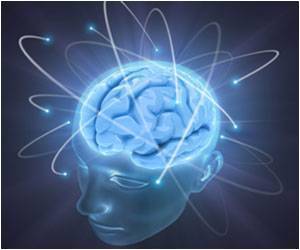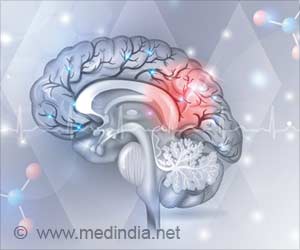The study team combined brain imaging data from previous studies and assessed these factors along with any common brain differences during this process in 626 patients with mental health disorders and 610 healthy controls.
‘Physical signals exhibited by mental health disorders, like anorexia and panic disorders are interpreted differently. However, a similar region of the brain called the dorsal mid-insula was found to be driving these signals across a range of disorders, including bipolar, depression, schizophrenia, eating disorders, and anxiety disorders, thereby suggesting a new target for treatment.’
Interoception and Mental Health
Different activity was found during interoception in a region of the brain called the dorsal mid-insula across a range of disorders, including bipolar, depression, schizophrenia, eating disorders, and anxiety disorders. This suggests that activity in the dorsal mid-insula might be responsible for driving the different interpretations of bodily sensations in mental health.
“Interoception is something we are all doing constantly, although we might not be aware of it. For example, most of us are able to interpret the signals of low blood sugar, such as tiredness or irritability, and know to eat something. However, there are differences in how our brains interpret these signals. We wanted to find out whether there is something similar happening in the brain in people with different mental disorders, irrespective of their diagnosis,” says lead author Dr. Camilla Nord from the MRC Cognition and Brain Sciences Unit.
The follow-up analysis found that the dorsal mid-insula does not overlap with regions of the brain altered by antidepressant drugs or regions altered by psychological therapy. This suggests that increased awareness of the differences in how people experience physical symptoms could also be useful for treating mental health disorders with a new target for future therapeutics, such as brain stimulation.
“It’s surprising that in spite of the diversity of psychological symptoms, there appears to be a common factor in how physical signals are processed differently by the brain in mental health disorders. It shows how intertwined physical and mental health are, but also the limitations of our diagnostic system – some important factors in mental health might be ‘transdiagnostic’, that is, found across many diagnoses,” says, Nord.
Source: Medindia



